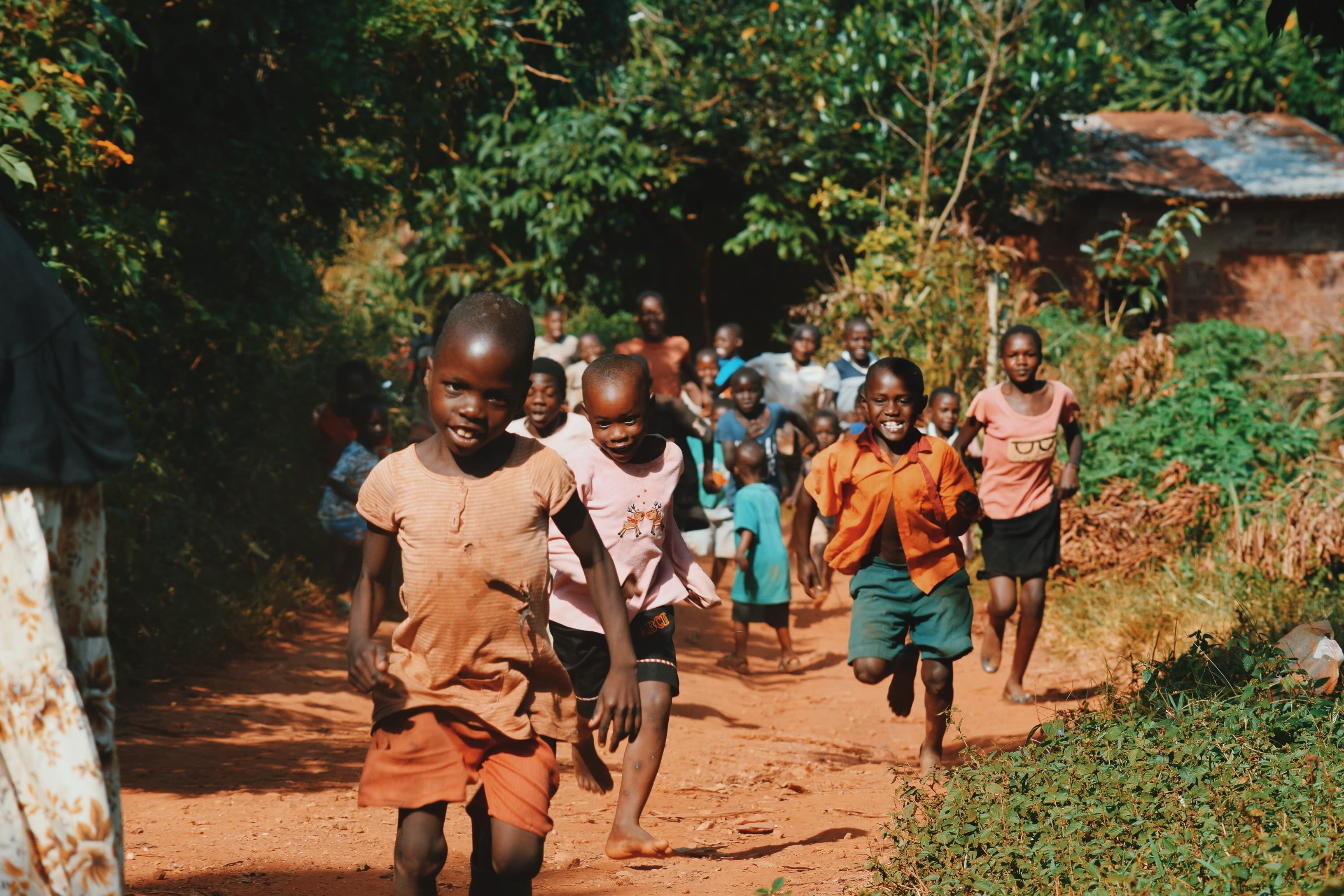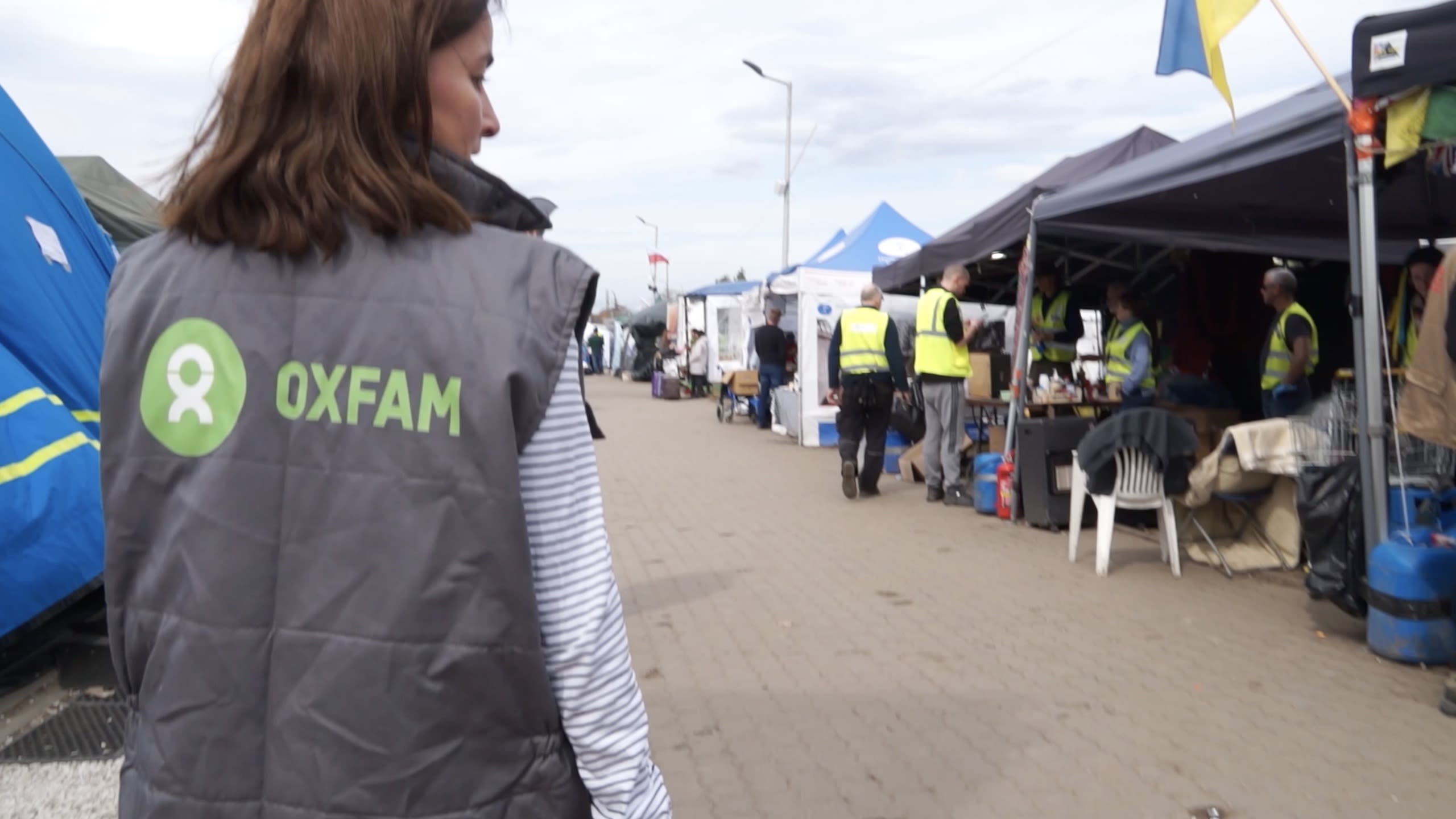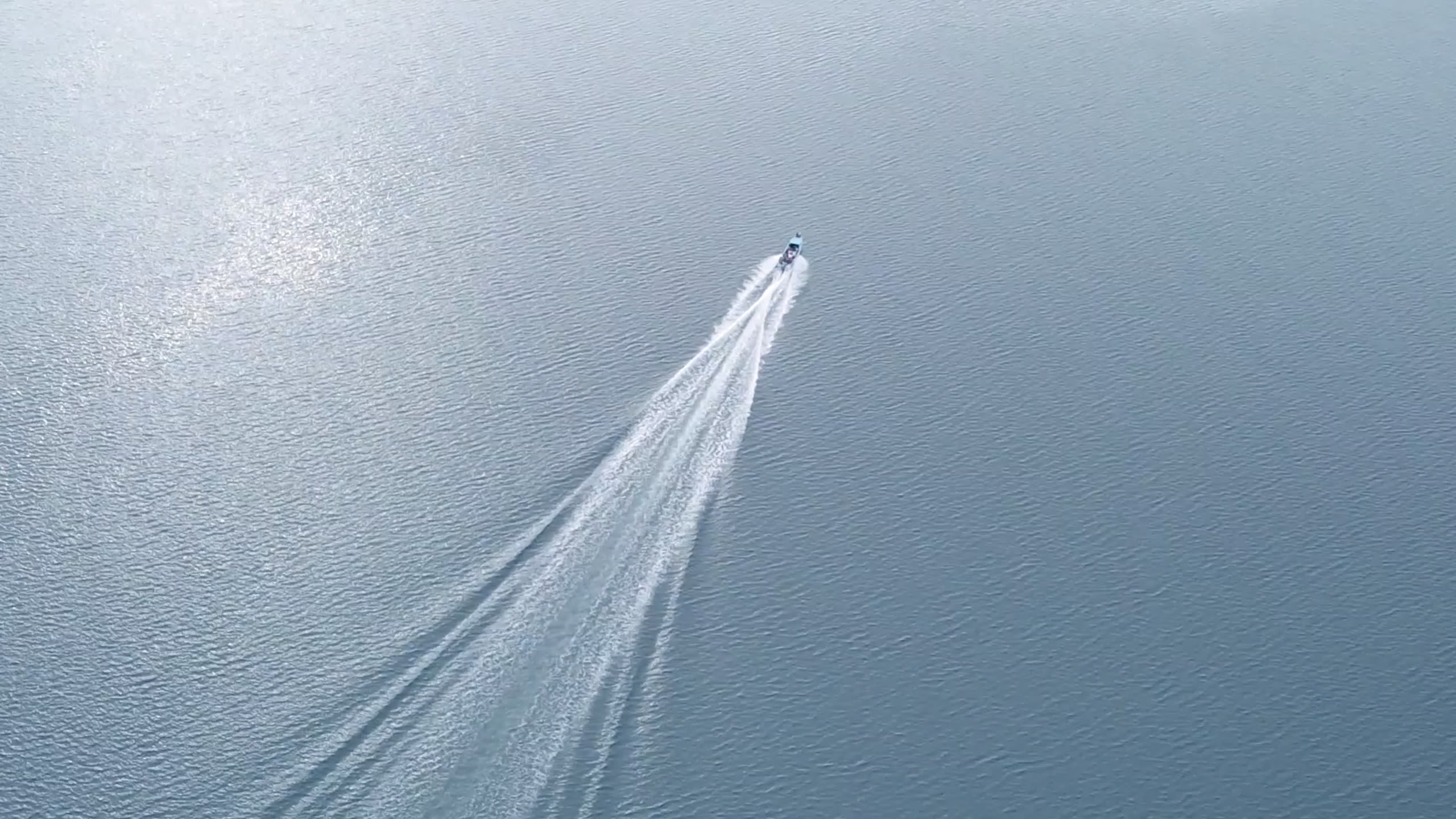FIT FOR THE FUTURE

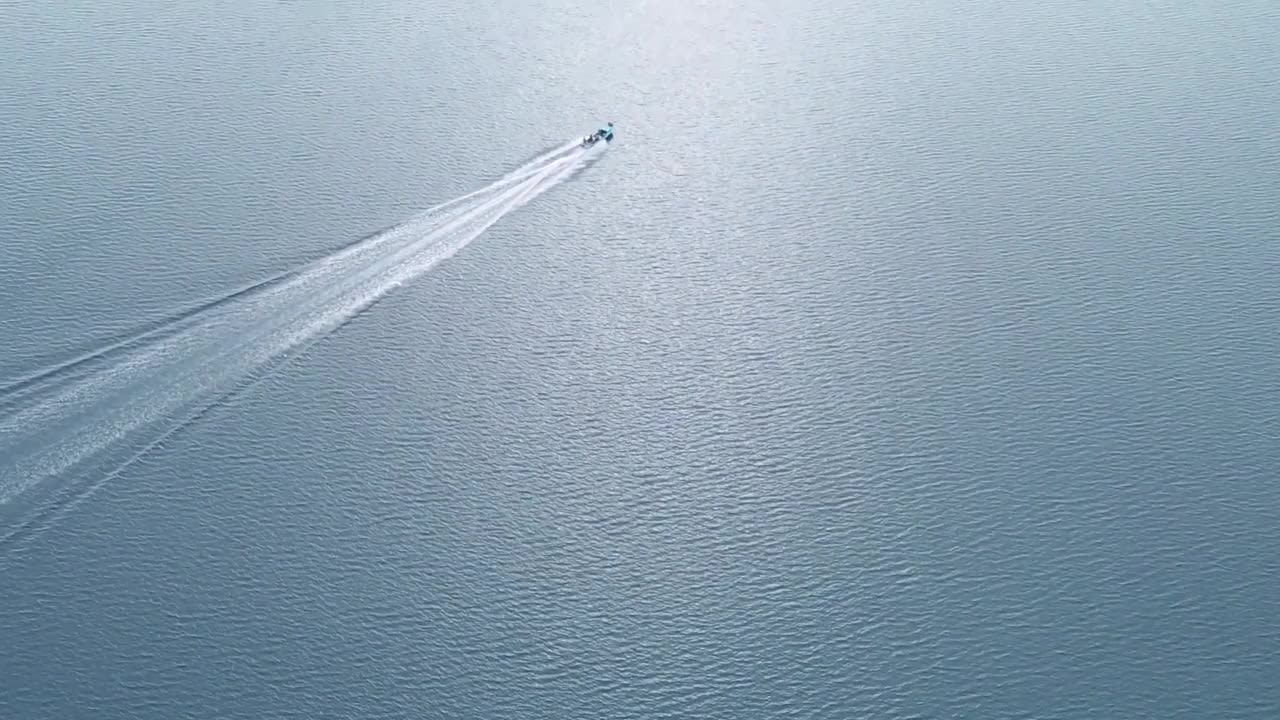

While working here and now to support millions of people around the world in the fight against poverty, we also keep a keen eye on how the world around us is changing. Below you can read about four emerging areas of work, which will help us achieve even more impact in the future.
LOCAL HUMANITARIAN LEADERSHIP
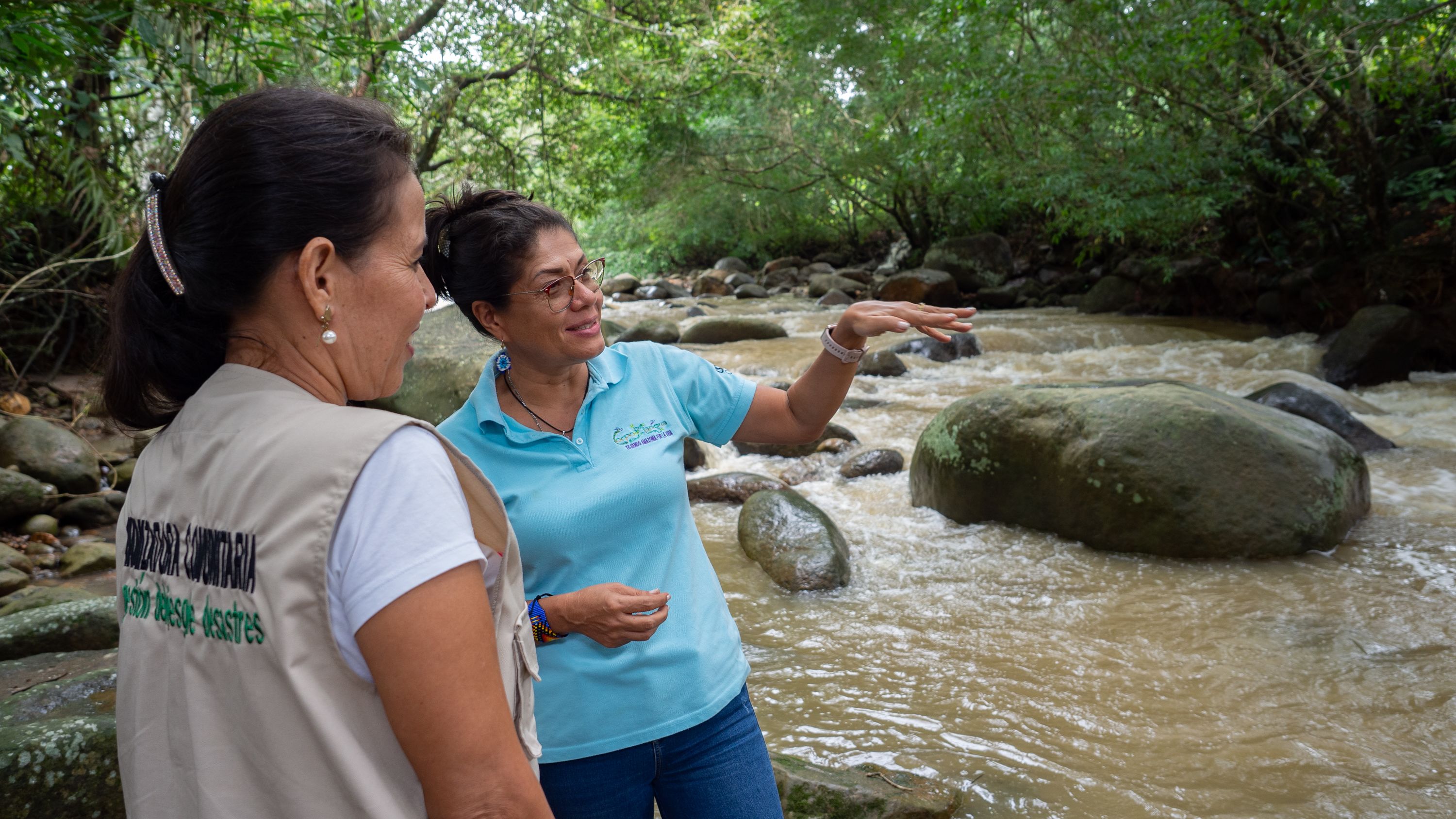

Oxfam takes a local humanitarian leadership approach.
We aim to enable, support and facilitate the work of local actors and their networks as they shape disaster management programs, advocate for change, and move into roles of greater power and responsibility.
Equitable partnering with local and national actors is essential in humanitarian work, and can be an enabler of a program’s relevance, scale, access and quality.
By applying our feminist principles, we aim to reflect on the value and power we bring, redistribute power in our collaborations, and drive change in the wider humanitarian system.
The approach is consistent with our commitments to change the way that international aid agencies work – shifting the balance to support the leadership of local and national organizations. In the same spirit, Oxfam, alongside a number of other major international NGOs, signed up to the Pledge For Change last year.
Our responses to the war in Ukraine and the floods in Pakistan put these values into action.
UKRAINE
Learning by Listening
Following the outbreak of the Ukraine war Oxfam quickly mobilized support and worked with local and national actors in Ukraine, Poland, Romania and Moldova. At times we implemented projects ourselves, when we agreed that this would be a more appropriate and efficient approach.
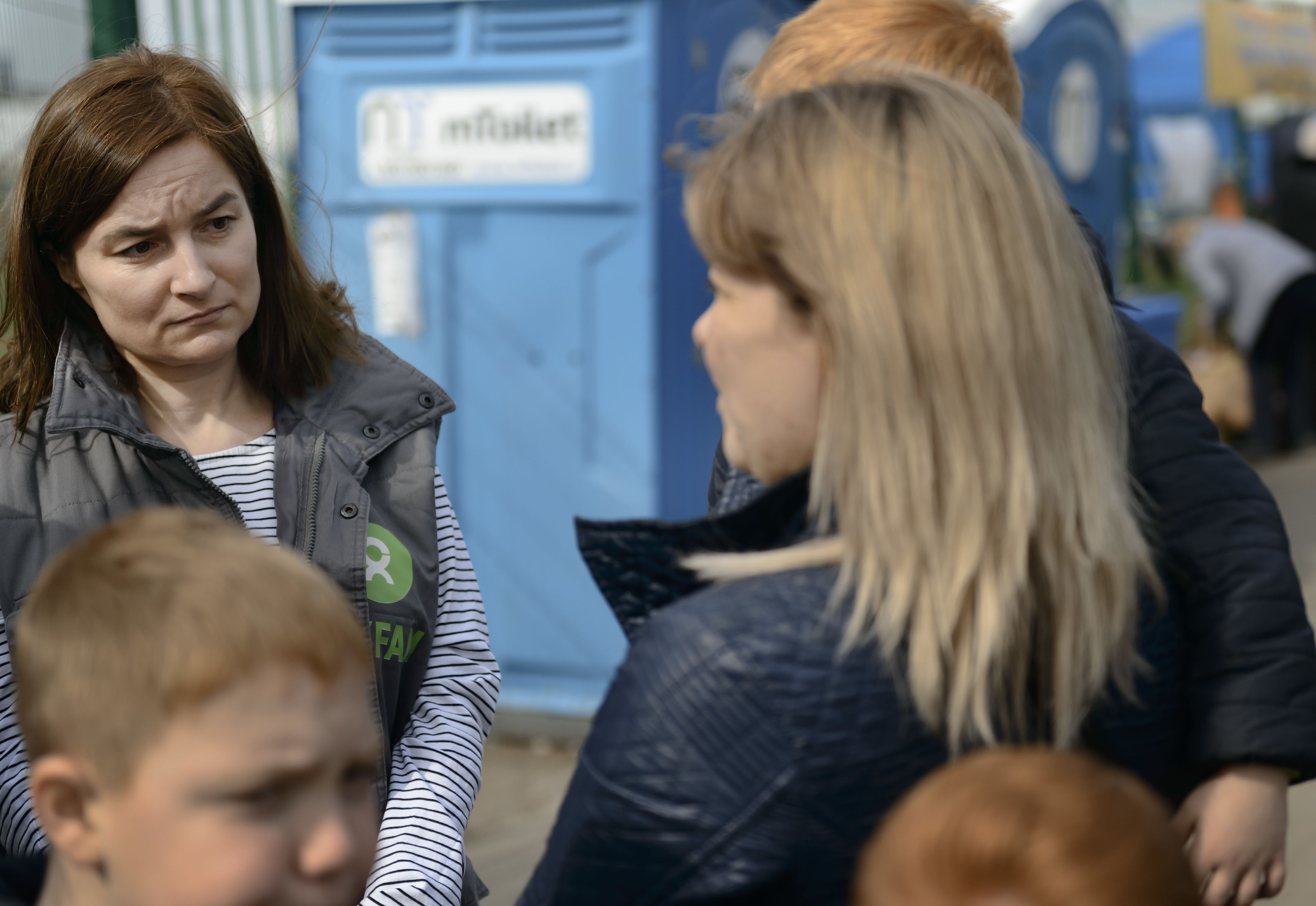
In less than a year, we established formal partnerships with 35 local organizations, embracing a rich diversity of expertise, from long-standing civil society organizations, community-based organizations and foundations to local authorities and government entities. We sought out organizations who support groups most at risk, such as LGBTQIA+ groups and Roma-led organizations, and we worked with women’s rights and women-led organizations to ensure that the rights of women and girls were central to our response.
We also contributed what we have learned from working in other migration responses, and our understanding of water, sanitation and hygiene; protection; gender; rights and methods for delivering cash and livelihoods assistance.
Our work with local partners has taken many forms: setting up water stations, distributing food and cash assistance for necessities, restoring homes, and helping displaced people find safe routes, transport, psychological services, and safe accommodation.
An example is our partnership with eLiberare, a Romanian association fighting human trafficking and sexual exploitation. eLiberare has a mobile unit that offers counseling sessions and training to Ukrainian refugees in Romania.
Meanwhile, with Oxfam’s support, the Warsaw-based Towards Dialogue Foundation runs a day center that gives Ukrainian Roma refugees psychological, legal and job search support. And with three Ukrainian grassroots organizations Anika Foundation, Because We Can and Rebuild Makariv, we have helped coordinate home repairs and food distribution.
PAKISTAN
Investing for long-term benefits
Following the Floods in Pakistan last year, Oxfam and the organizations we partner with in Pakistan set out to assist struggling communities that might not otherwise receive aid.
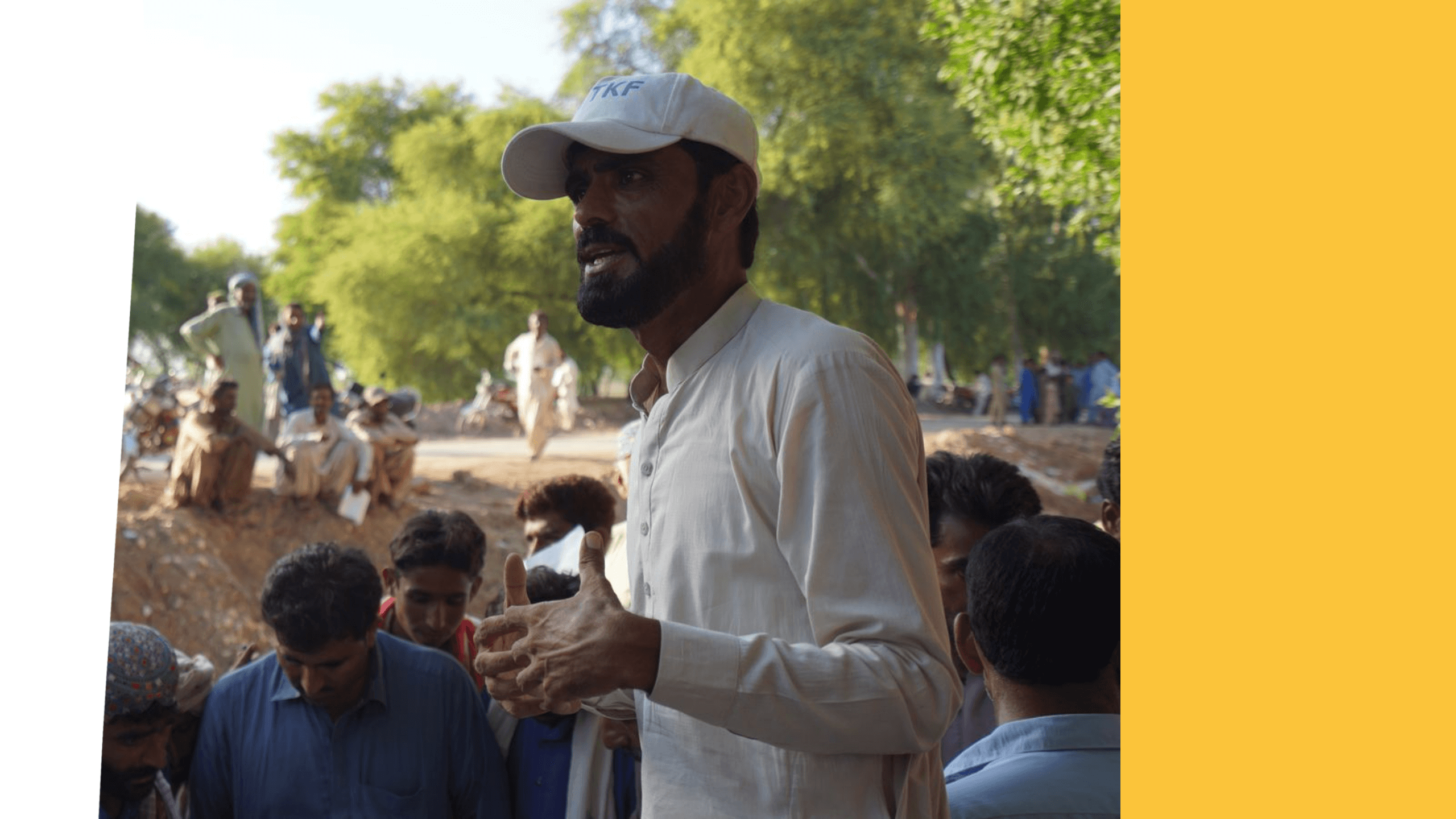
Together, we reached 375,000 people in six districts with a response that included providing clean water and safe sanitation facilities, hygiene and winterization kits, and cash for food and other essentials, and we advocated for coordinated international action.
This response did not simply engage partner organizations: it was led by them. Oxfam is helping shift the global humanitarian system from one led by international actors to one where resources and decision-making power rest with local and national responders, the people closest to those in crisis; in the process, we are changing our own ways of working.
In the past, Oxfam would have decided which disaster affected areas to work in; we would have developed an action plan and designed projects for partners to implement, with limited collaboration. We would have decided how much of the budget should be allocated to which areas of work. But in the Pakistan flood response, we committed ourselves to assisting from the sidelines.
We provided partners with technical support for water and sanitation projects and the distribution of cash and helped strengthen their capacity in areas like financial management. We participated in project design and other facets of the response, but local and national organizations – including women’s rights organizations – were and are the decision makers.
We also supported partners as they pulled together a network of Pakistani organizations.
‘The network will help member organizations learn from one another, raise funds for their work, and speak with one voice in their advocacy. Supporting it is an investment in the future of local humanitarian leadership.’
Shahnawaz Ali, director of Oxfam in Pakistan
UKRAINE
Learning by Listening
Following the outbreak of the Ukraine war Oxfam quickly mobilized support and worked with local and national actors in Ukraine, Poland, Romania and Moldova. At times we implemented projects ourselves, when we agreed that this would be a more appropriate and efficient approach.

In less than a year, we established formal partnerships with 35 local organizations, embracing a rich diversity of expertise, from long-standing civil society organizations, community-based organizations and foundations to local authorities and government entities.
We sought out organizations who support groups most at risk, such as LGBTQIA+ groups and Roma-led organizations, and we worked with women’s rights and women-led organizations to ensure that the rights of women and girls were central to our response.
We also contributed what we have learned from working in other migration responses, and our understanding of water, sanitation and hygiene; protection; gender; rights and methods for delivering cash and livelihoods assistance.
Our work with local partners has taken many forms: setting up water stations, distributing food and cash assistance for necessities, restoring homes, and helping displaced people find safe routes, transport, psychological services, and safe accommodation.
An example is our partnership with eLiberare, a Romanian association fighting human trafficking and sexual exploitation. eLiberare has a mobile unit that offers counseling sessions and training to Ukrainian refugees in Romania.
Meanwhile, with Oxfam’s support, the Warsaw-based Towards Dialogue Foundation runs a day center that gives Ukrainian Roma refugees psychological, legal and job search support. And with three Ukrainian grassroots organizations Anika Foundation, Because We Can and Rebuild Makariv, we have helped coordinate home repairs and food distribution.
PAKISTAN
Investing for long-term benefits
Following the Floods in Pakistan last year, Oxfam and the organizations we partner with in Pakistan set out to assist struggling communities that might not otherwise receive aid.

Together, we reached 375,000 people in six districts with a response that included providing clean water and safe sanitation facilities, hygiene and winterization kits, and cash for food and other essentials, and we advocated for coordinated international action.
This response did not simply engage partner organizations: it was led by them. Oxfam is helping shift the global humanitarian system from one led by international actors to one where resources and decision-making power rest with local and national responders, the people closest to those in crisis; in the process, we are changing our own ways of working.
In the past, Oxfam would have decided which disaster affected areas to work in; we would have developed an action plan and designed projects for partners to implement, with limited collaboration.
We would have decided how much of the budget should be allocated to which areas of work. But in the Pakistan flood response, we committed ourselves to assisting from the sidelines.
We provided partners with technical support for water and sanitation projects and the distribution of cash and helped strengthen their capacity in areas like financial management.
We participated in project design and other facets of the response, but local and national organizations – including women’s rights organizations – were and are the decision makers.
We also supported partners as they pulled together a network of Pakistani organizations.
‘The network will help member organizations learn from one another, raise funds for their work, and speak with one voice in their advocacy. Supporting it is an investment in the future of local humanitarian leadership.’
Shahnawaz Ali, director of Oxfam in Pakistan
As the climate crisis deepens, the future depends on strong local capacity for responding to and reducing the impact of disasters. Local and national organizations are well placed to do this work; investing in their leadership will save lives.
TACKLING OUR ENVIRONMENTAL FOOTPRINT
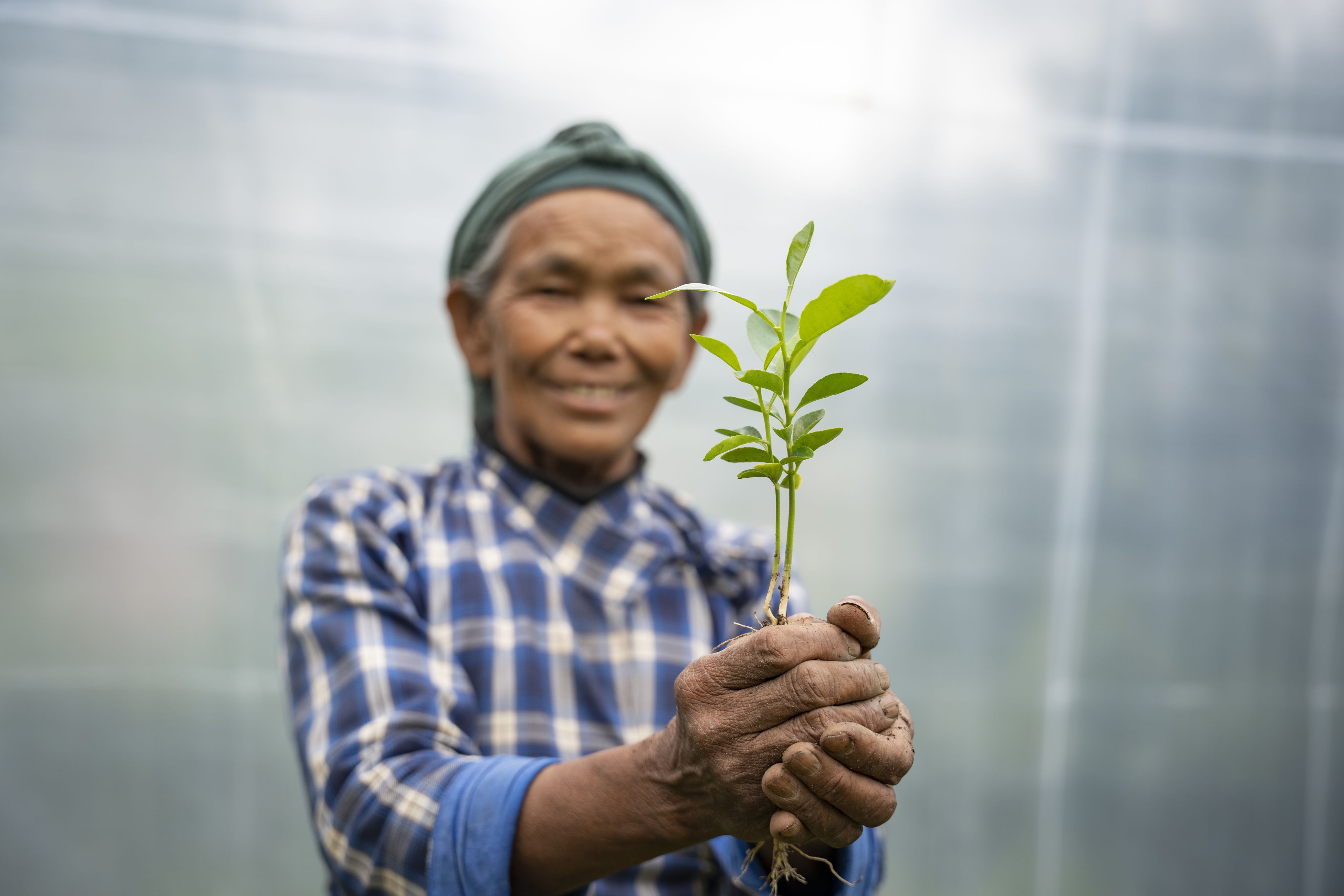

Keeping global warming below 1.5 degrees above pre-industrial levels – as specified in the Paris Agreement – is essential to avoid the worst impacts of the climate and ecological crisis.
With the people in the lowest-income countries already suffering disproportionately from the climate crisis, Oxfam recognizes that, beyond advocating for action by world leaders, we have an urgent ethical responsibility to mitigate our impact on the environment and, ultimately, the communities we work with and serve.
Oxfam has pledged to reach Net Zero greenhouse gas emissions by 2045.
In 2021, we signed the Climate and Environment Charter for Humanitarian Organizations, which affirms our commitments to improve the environmental sustainability of our work, rapidly reduce our greenhouse gas emissions, and annually monitor and report on our progress.
In the confederation's regional, country, cluster and affiliate offices, we have been working on initiatives to reduce fuel consumption, improve waste management and switch to renewable energy sources.
In 2022, the confederation adopted Oxfam’s Responsible Flying Policy to ensure that we reduce our emissions from flights. Affiliates such as Oxfam Great Britain (OGB) have been measuring, reporting and reducing their emissions from their domestic operations since 2011/2012. OGB is well on track to meeting their target to reduce emissions by 71% by 2030.
In 2021–22 we piloted our greenhouse gas reporting for the whole confederation, and lessons from this have been used to develop our emissions baseline with 2022 23 emissions data.
Although this does not yet cover all of Oxfam’s emissions, it will be used to build and create an emissions reduction roadmap and identify interim reduction targets on Oxfam’s path to Net Zero.
Where do Oxfam's greenhouse gas emissions come from?
NOTE
Percentages based on
preliminary data, as available
on October 31, 2023
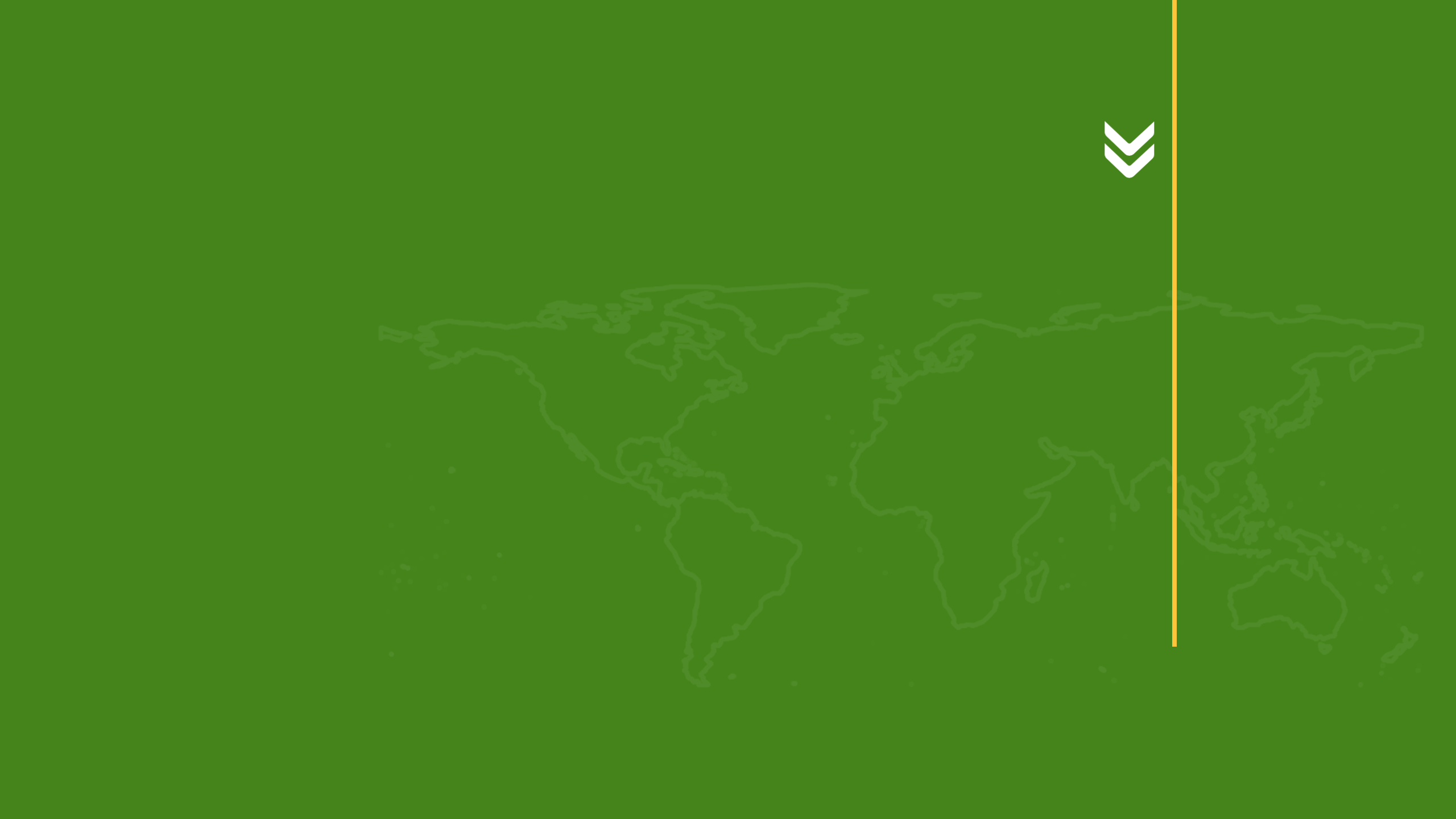
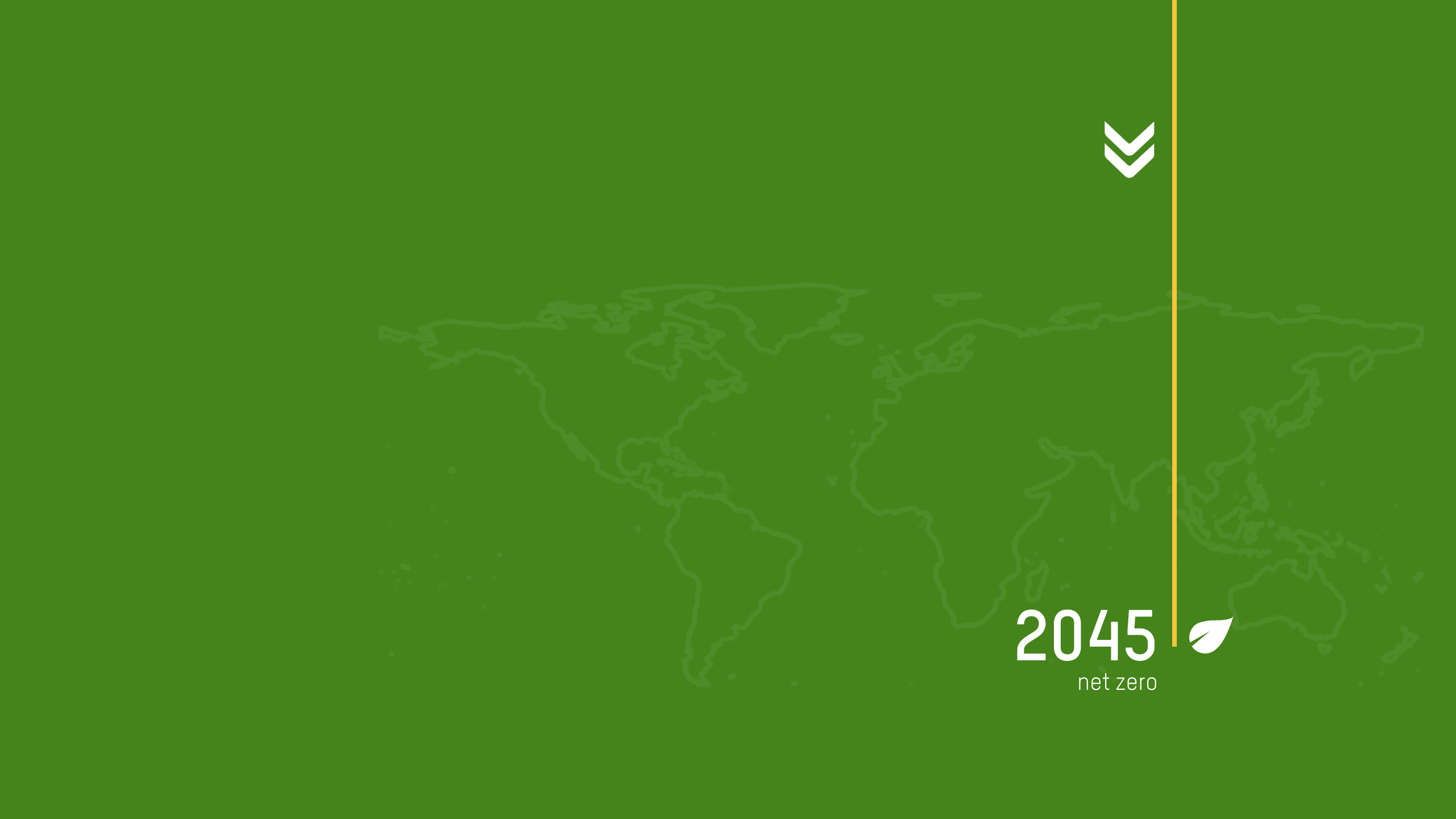
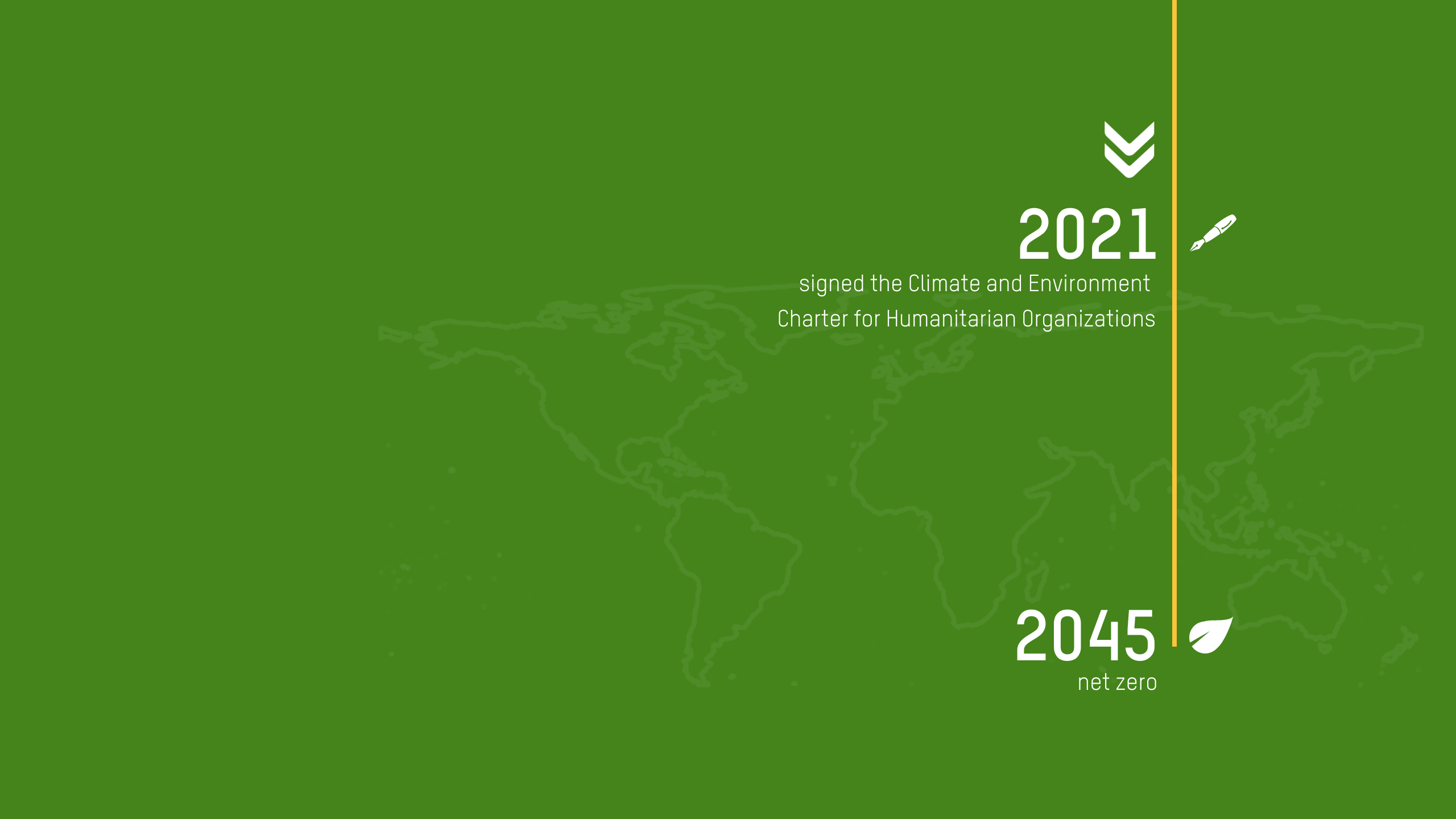

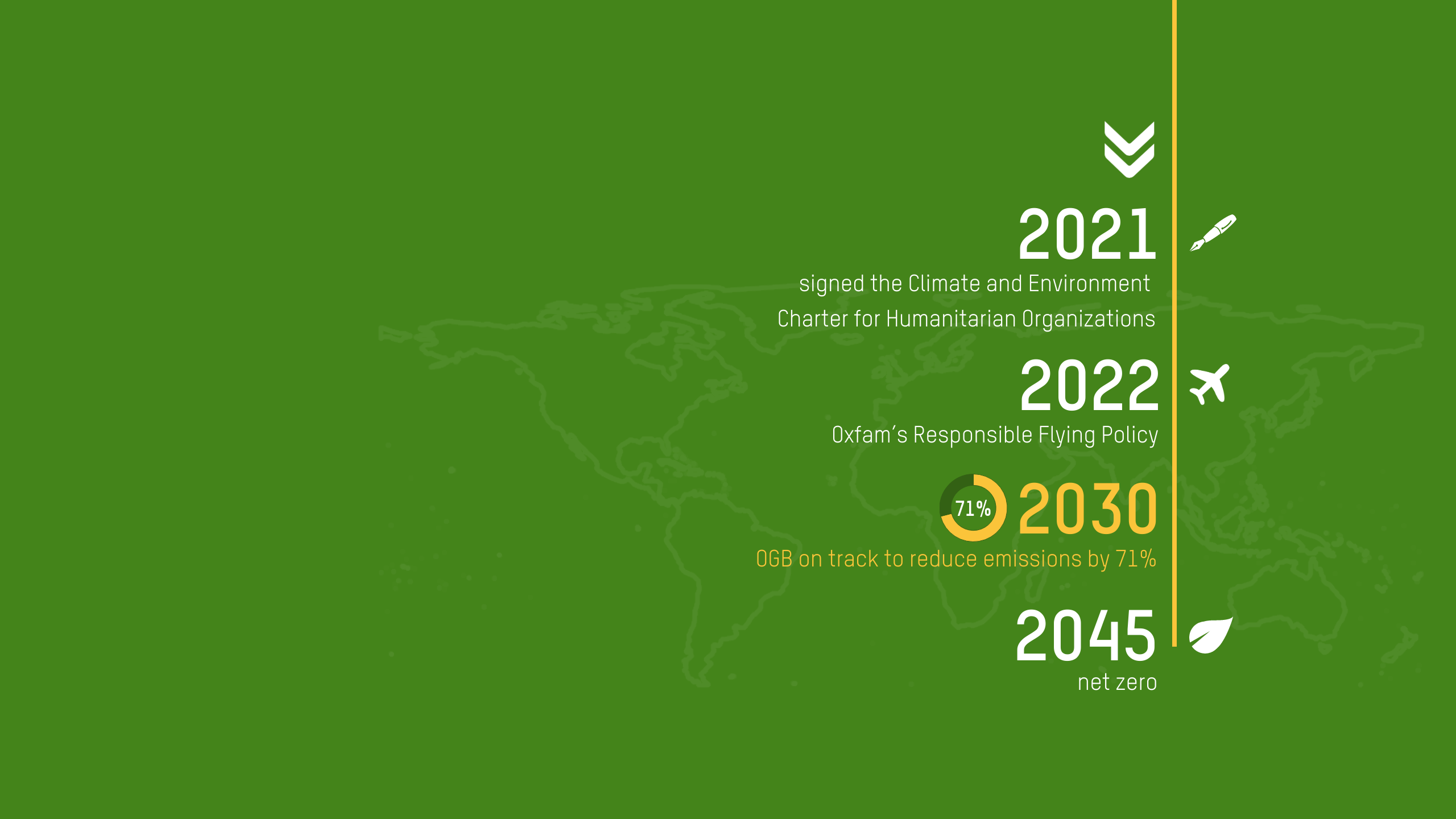
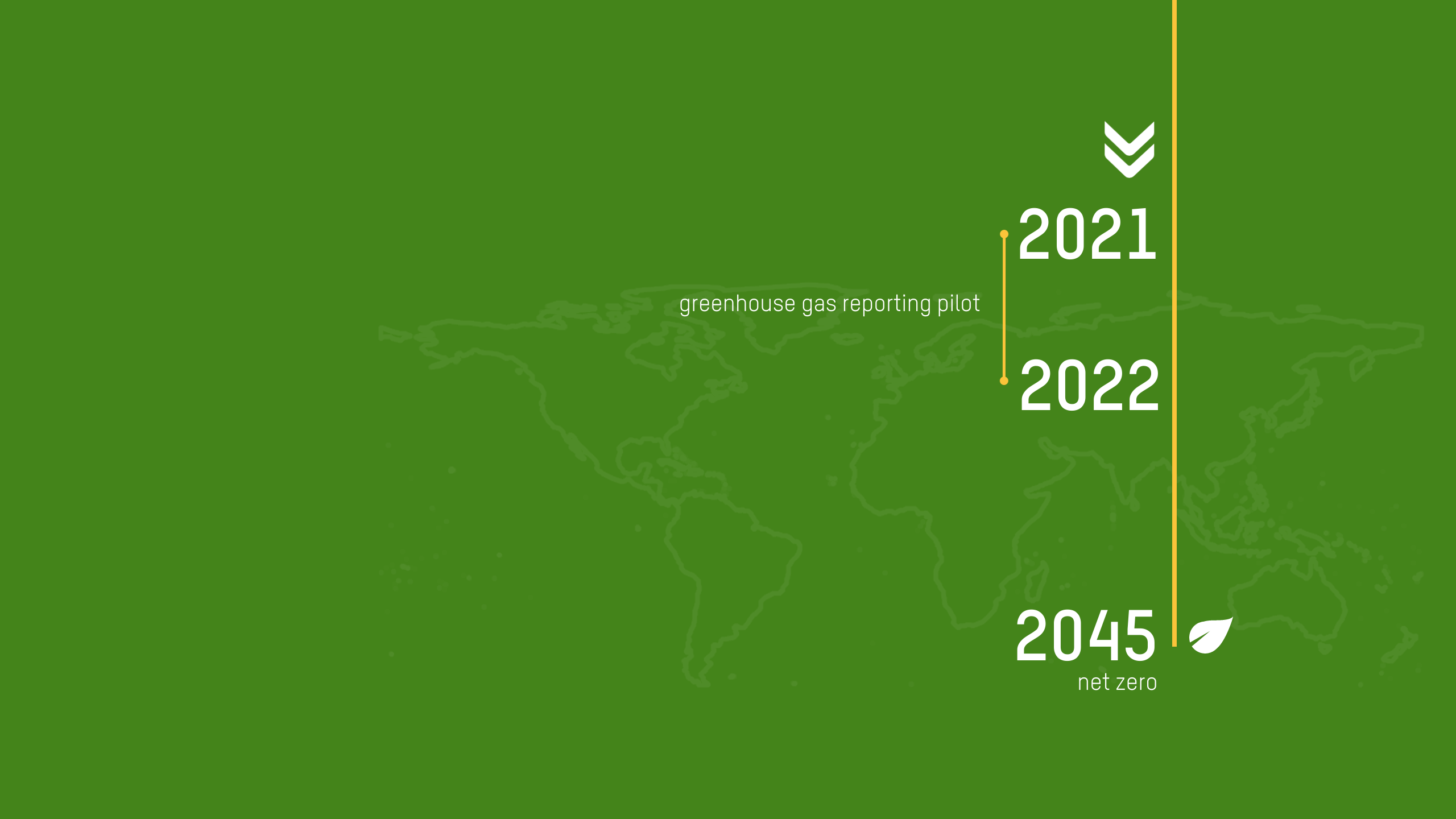


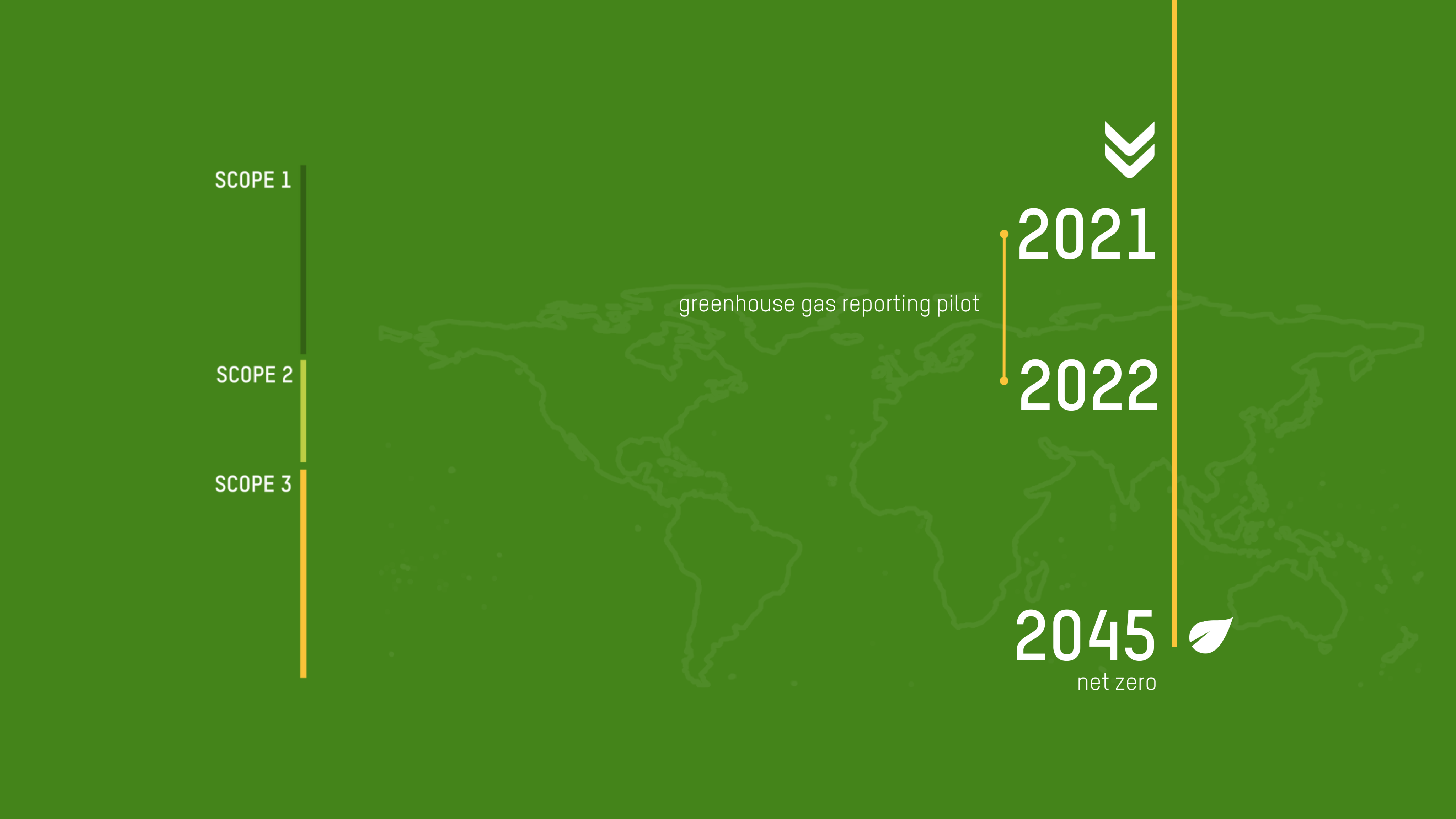
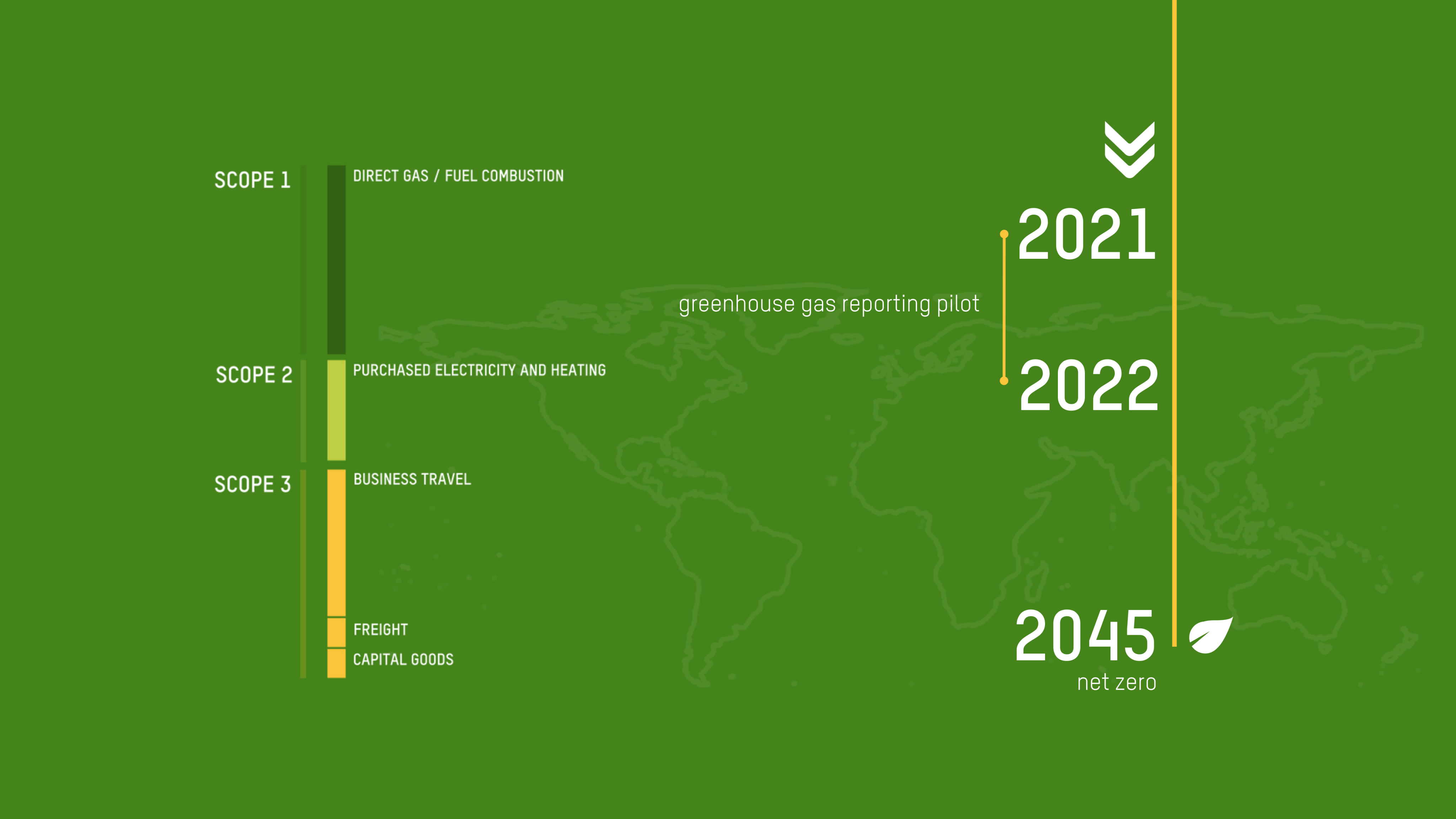
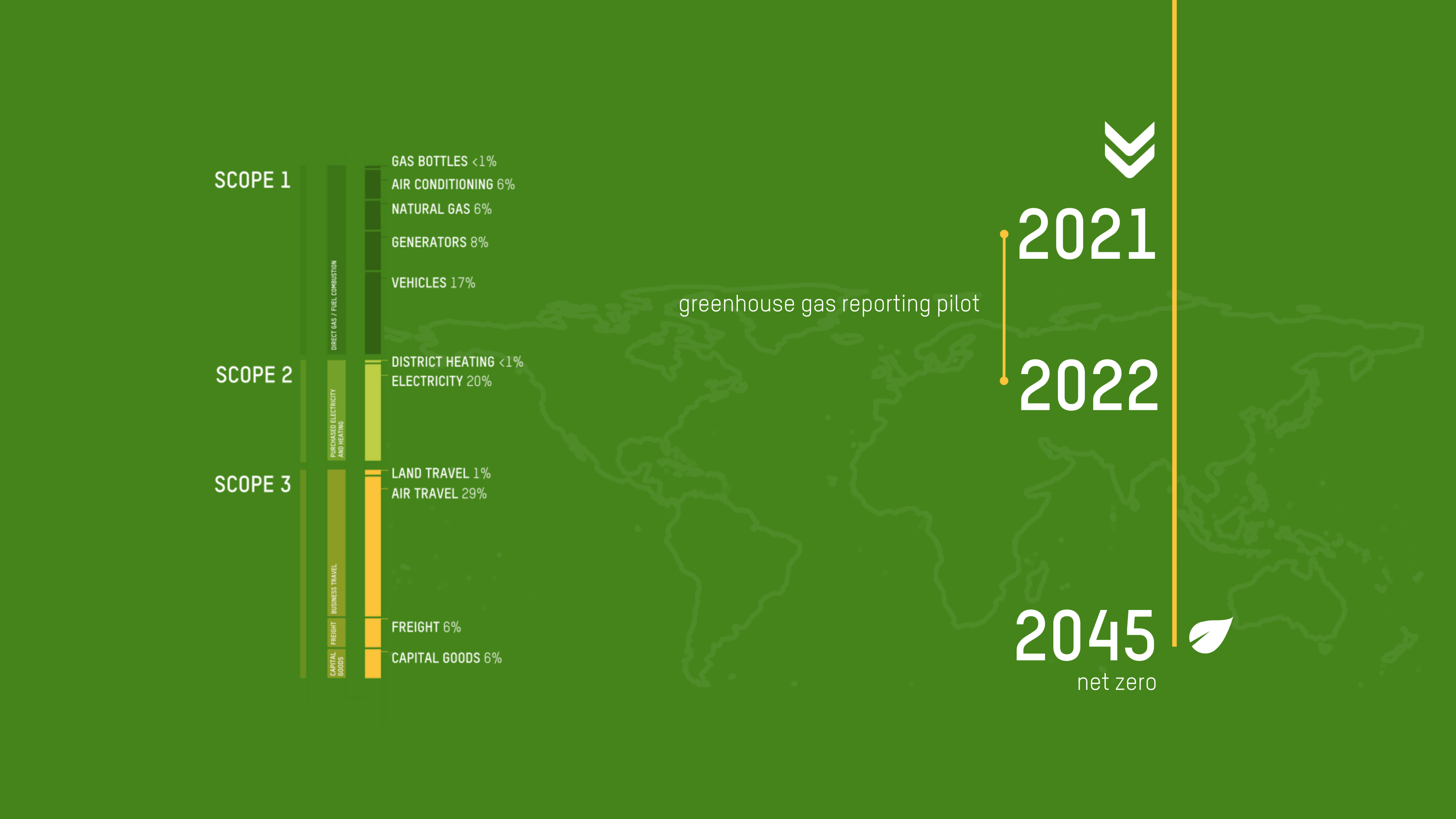
JORDAN
From recycling to hybrid vehicles
In Jordan, Oxfam has taken several steps in greening its operations in recent years, from handling recycling in its offices to local procurement, reducing energy consumption with inverter-based air conditioning, and using energy-efficient light bulbs.
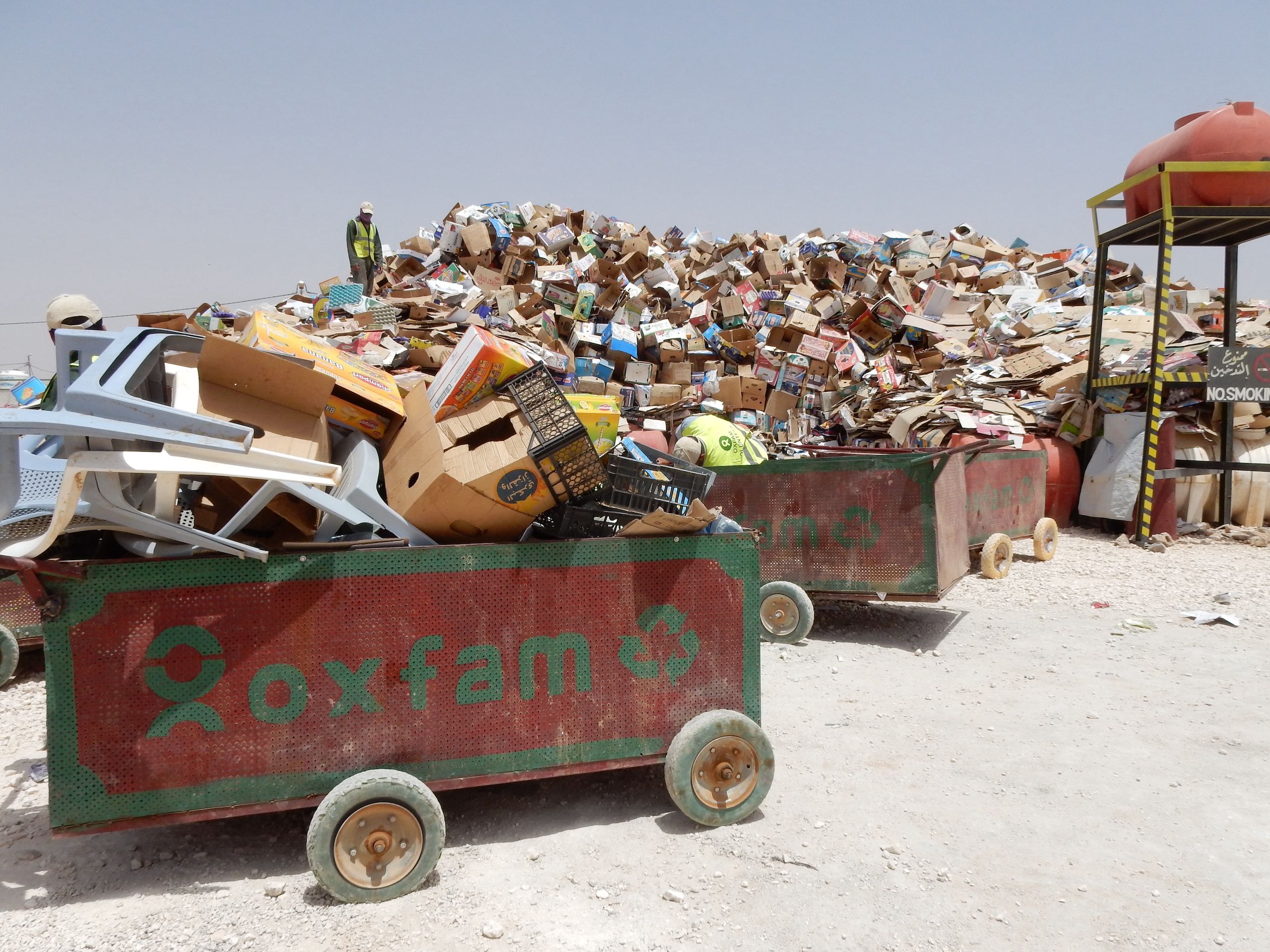
One of the most significant moves in 2022–23 was the switch to hybrid vehicles (cars and minivans) for the fleet we use to support our programs.
This move permitted the team to address emissions related to transportation and was coupled with other actions: induction and training of drivers in energy-efficient driving, carpooling, and monitoring of movements, routes and speed with a tracking system. As with all Oxfam offices, this is coupled with avoiding flights where possible and encouraging virtual meetings.
BURKINA FASO
100% renewable
In Burkina Faso Oxfam made big efforts to reduce the environmental footprint of our operations.
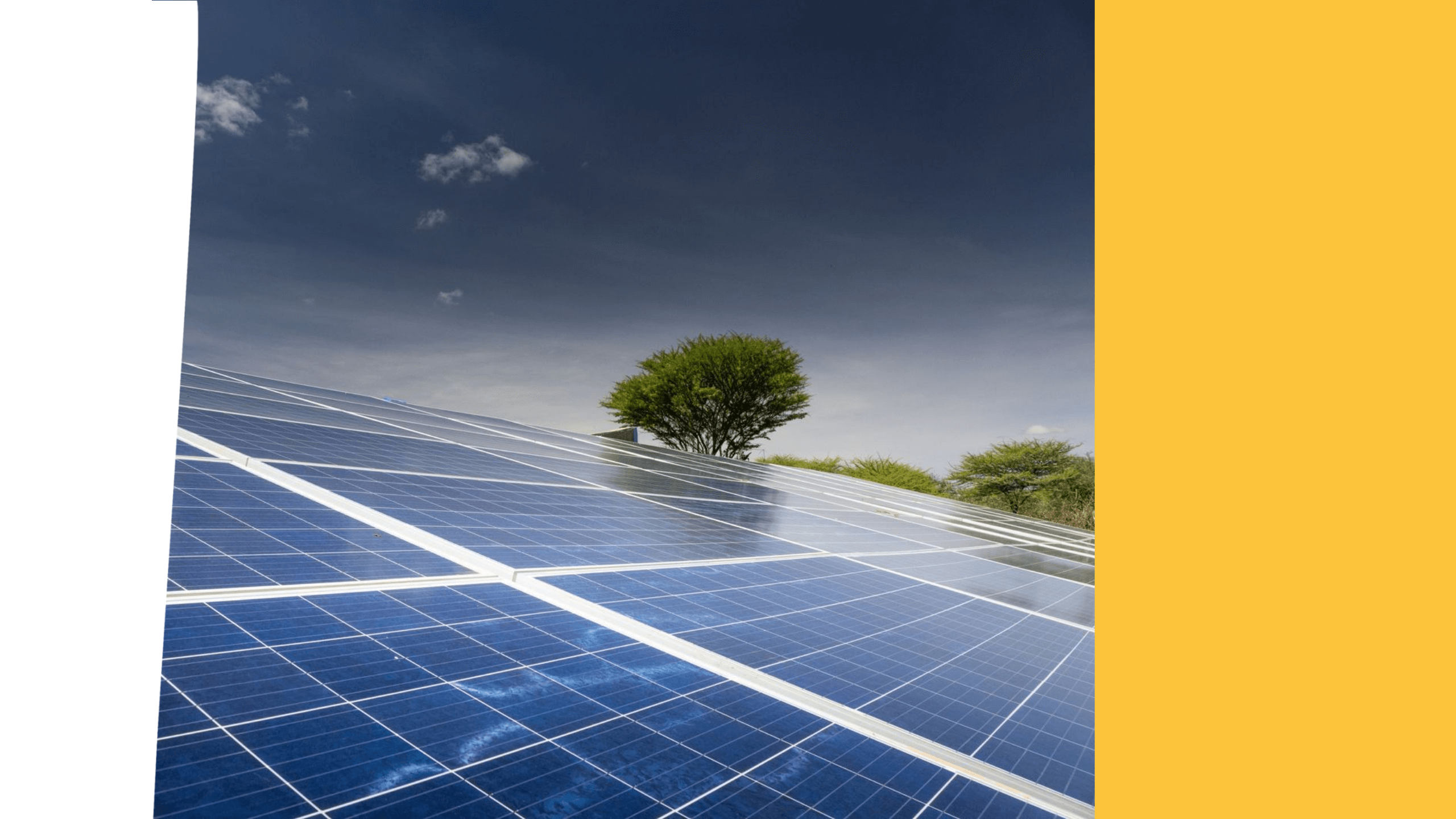
Since 2021, when carbon footprint assessments were made covering all activities in the country and environmental audits were undertaken, the Burkina Faso team has been working towards reducing its emissions by more than half.
Initiatives have included covering 100% of its energy needs with renewable energy; solar power now covers 50% of the team’s needs. The vehicle fleet was renewed, staff were trained in eco-driving; and air conditioning systems were converted to inverter models, offering substantial energy savings. Other initiatives include better waste management and water conservation.
JORDAN
From recycling to hybrid vehicles
In Jordan, Oxfam has taken several steps in greening its operations in recent years, from handling recycling in its offices to local procurement, reducing energy consumption with inverter-based air conditioning, and using energy-efficient light bulbs.

One of the most significant moves in 2022–23 was the switch to hybrid vehicles (cars and minivans) for the fleet we use to support our programs.
This move permitted the team to address emissions related to transportation and was coupled with other actions: induction and training of drivers in energy-efficient driving, carpooling, and monitoring of movements, routes and speed with a tracking system. As with all Oxfam offices, this is coupled with avoiding flights where possible and encouraging virtual meetings.
BURKINA FASO
100% renewable
In Burkina Faso Oxfam made big efforts to reduce the environmental footprint of our operations.

Since 2021, when carbon footprint assessments were made covering all activities in the country and environmental audits were undertaken, the Burkina Faso team has been working towards reducing its emissions by more than half.
Initiatives have included covering 100% of its energy needs with renewable energy; solar power now covers 50% of the team’s needs.
The vehicle fleet was renewed, staff were trained in eco-driving; and air conditioning systems were converted to inverter models, offering substantial energy savings. Other initiatives include better waste management and water conservation.
A CONFEDERATION OF EQUALS
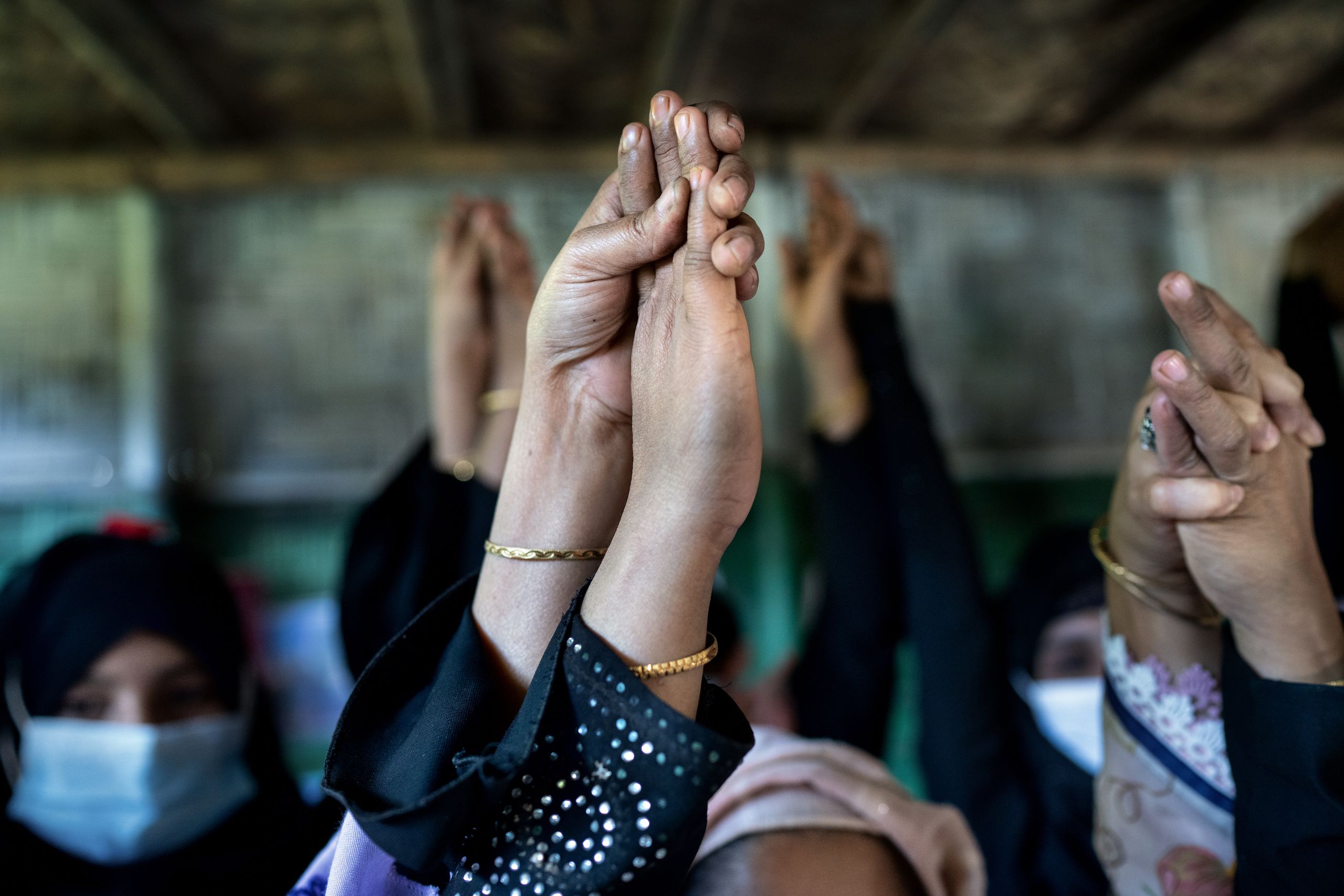

Becoming an affiliate member of the Oxfam confederation offers organizations benefits such as being part of a worldwide influencing network and contributing, as an equal partner, to collective decision-making.
Organizations that become affiliates contribute to the work of the confederation through agreed, fair and transparent ways of generating and distributing resources, while being supported by other affiliates and the Oxfam International Secretariat in strengthening organizational resilience – and sharing perspectives as part of a worldwide knowledge network.
Affiliation also entails huge responsibilities, including commitment to Oxfam’s global vision, mission, values and strategic objectives, and compliance with confederation policies and standards.
Affiliates also commit to activities, including generating and sharing knowledge within the Oxfam network and beyond, fundraising, ‘public engagement’ – actively communicating with the public about Oxfam’s causes; and influencing (the public and institutions) through lobbying, media work, and public campaigning for a more equal future.
Oxfam’s vision for a globally balanced worldwide influencing network was strengthened through affiliation processes for organizations in Brazil, Colombia, India, Mexico, South Africa and Türkiye.
In 2022–23, five organizations based in Indonesia, Kenya, the Pacific, the Philippines and Senegal are on their way to affiliation. Oxfam in the Pacific and Oxfam Pilipinas have progressed in their journeys as ‘prospective affiliates.’ They have been establishing Board Committees and appointing founding Executive Directors.
We commissioned a due diligence review process in Indonesia in November 2022 in anticipation of the organization Penabulu becoming a prospective affiliate towards the end of 2023. Kenya and Senegal now have affiliation advisory groups and intend to establish independent Boards and legal entities in 2024.
In November 2022 we launched an internal discussion to further dialogue across the Oxfam confederation, but also with partners, and to update our thinking on what global balance means, beyond increasing the number of Oxfam affiliates in the Global South.
We identified that we need to remove internal barriers that disincentivize or slow down affiliation. Whereas affiliates have traditionally been required to be financially self-sustainable, we are shifting focus to a financial model that can support sustainably Oxfam as a confederation.




PHILIPPINES
100% Filipino
Oxfam Pilipinas became an Oxfam ‘prospective affiliate’ in June 2022, and is on the journey to full affiliate status by early 2024. The transition is deeply rooted in our vibrant past as a country program spanning 35 years.
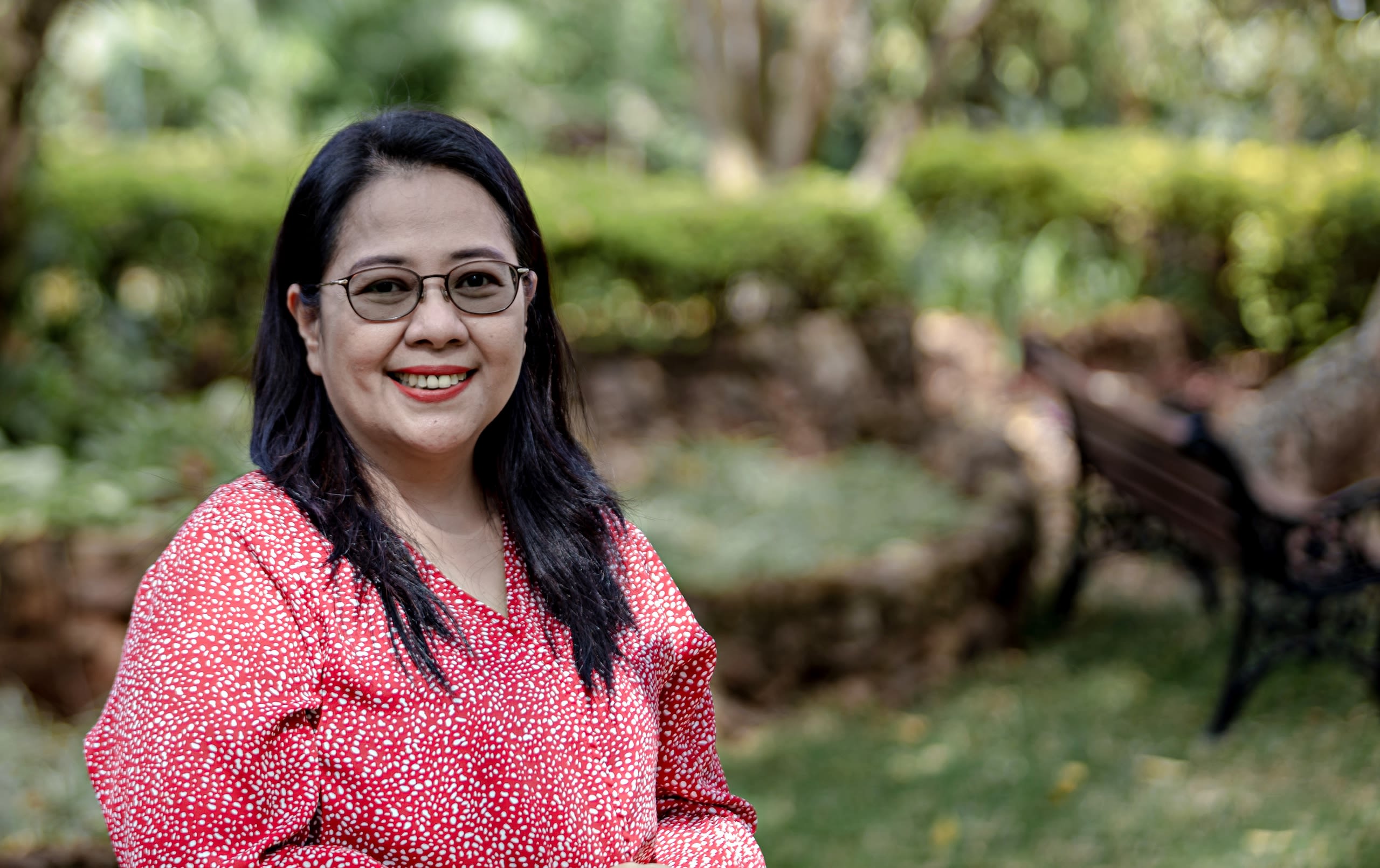
Our desire to stand alongside our fellow citizen activists and help reinvigorate the local civic space, compels us. With them, we hope to reimagine Oxfam’s strategic ambitions in the Philippines context.
Like any change, it has its challenges. With barely enough resources, we developed our fit-for-purpose business processes, having to manoeuvre through a myriad of decision-making protocols. But there are opportunities, too. Any funds we generate, we share with our partners since our operating model puts them in the lead for delivering our programs.
Our Board of Trustees is fully localized, composed of Filipino women and men who share our commitment. We draw on the confederation’s technical expertise, so program quality and safeguarding remain robust. We have been learning from other affiliates and are able to contribute to discussions that shape the confederation’s next steps. And we are in conversations with our networks to help us define our new identity.
We will continue to amplify the voices of people who are in vulnerable situations
The pathways described in our 2022–27 Country Strategy will remain unchanged when we become a full affiliate. We will continue to amplify the voices of people who are in vulnerable situations, especially when promoting a just shift towards renewable energy systems.
Oxfam Pilipinas will remain responsive to humanitarian needs, as we were ten years ago during Typhoon Haiyan, one of the country’s most destructive emergencies. Our fight for gender justice will endure amidst harmful norms, as it did when we mobilized movements to enact a law prohibiting child marriage. We remain steadfast in holding entities or individuals accountable, as we did when we created feedback loops between communities and government to generate more public policy and investment for building resilient communities.
PHILIPPINES
100% Filipino
Oxfam Pilipinas became an Oxfam ‘prospective affiliate’ in June 2022, and is on the journey to full affiliate status by early 2024. The transition is deeply rooted in our vibrant past as a country program spanning 35 years.

Our desire to stand alongside our fellow citizen activists and help reinvigorate the local civic space, compels us. With them, we hope to reimagine Oxfam’s strategic ambitions in the Philippines context.
Like any change, it has its challenges. With barely enough resources, we developed our fit-for-purpose business processes, having to manoeuvre through a myriad of decision-making protocols. But there are opportunities, too. Any funds we generate, we share with our partners since our operating model puts them in the lead for delivering our programs.
Our Board of Trustees is fully localized, composed of Filipino women and men who share our commitment. We draw on the confederation’s technical expertise, so program quality and safeguarding remain robust. We have been learning from other affiliates and are able to contribute to discussions that shape the confederation’s next steps. And we are in conversations with our networks to help us define our new identity.
The pathways described in our 2022–27 Country Strategy will remain unchanged when we become a full affiliate.
We will continue to amplify the voices of people who are in vulnerable situations, especially when promoting a just shift towards renewable energy systems.
Oxfam Pilipinas will remain responsive to humanitarian needs, as we were ten years ago during Typhoon Haiyan, one of the country’s most destructive emergencies. Our fight for gender justice will endure amidst harmful norms, as it did when we mobilized movements to enact a law prohibiting child marriage.
We remain steadfast in holding entities or individuals accountable, as we did when we created feedback loops between communities and government to generate more public policy and investment for building resilient communities.
RIGHTS IN A DIGITAL AGE
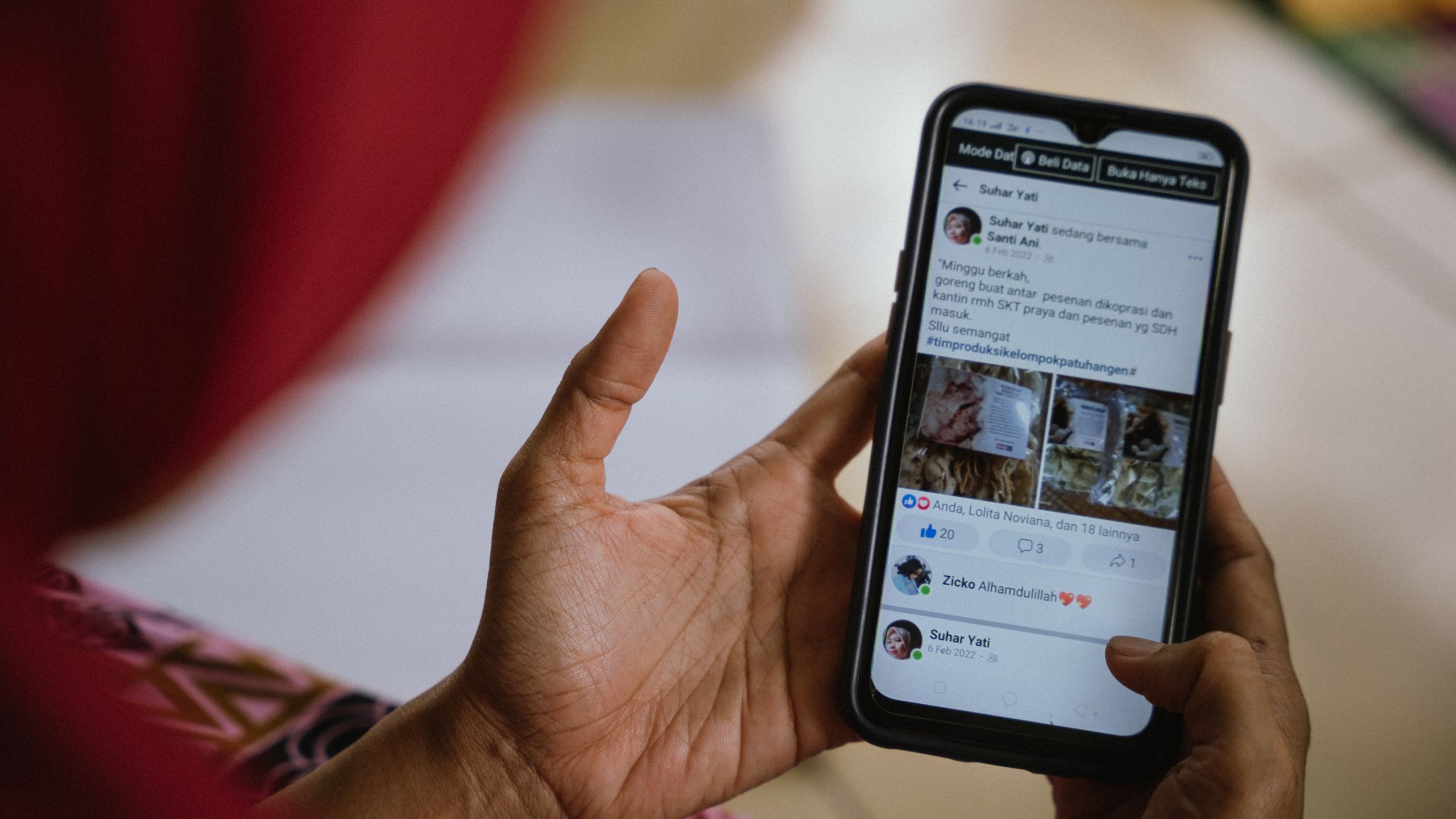

Digital technologies expand and redefine nearly every aspect of daily human life. The digital revolution has been transformational, heralding new forms of civic, social, and economic participation.
But nearly three decades’ worth of tech optimism and hype have often downplayed the risks and sometimes obscured them altogether. The obligation to protect human rights in the digital age has been largely ceded to the private sector, which has shown little aptitude for protecting their customers and users from rights violations and other harms. As governments – themselves buyers and users of digital technologies used for surveillance, warfare, and myriad public services involving sensitive personal information – have taken a more laissez-faire approach, the sector has been left with few meaningful regulations and enormous profits that are chronically under-taxed.
This feeds social and economic inequality and damages our environment. If these threats remain unchallenged, Oxfam’s goal of a just, environmentally stable and more equal future could slip beyond reach.
But just as we are witnessing the darker side of the digital age, we are also seeing the light.
Technology makes it easier than ever for activists to learn from one another, innovate, move faster, and demand accountability. Current and emerging technologies, such as artificial intelligence, virtual and augmented reality and blockchain, have the potential to bring disparate human experiences closer to one another, increasing empathy, accountability, and transparency. Big Tech, governments, cybercriminals, and internet trolls need not have the final word.
As part of its ten-year strategy, Oxfam is committed to engaging with and leveraging the power of digital technologies.
We aim to expand and leverage digital spaces, seizing the potential they offer to social justice movements. We work with young and feminist digital activists, amplifying their voices to increase their influence. Oxfam also actively contributes to the creation and enforcement of effective internet governance rules. And we take care to ‘do no harm’ ourselves as we develop digital solutions. We are committed to ensuring equal participation in this global transformation – one that represents significant promise for, as well as risk to, the fight against inequality, poverty and social injustice.







